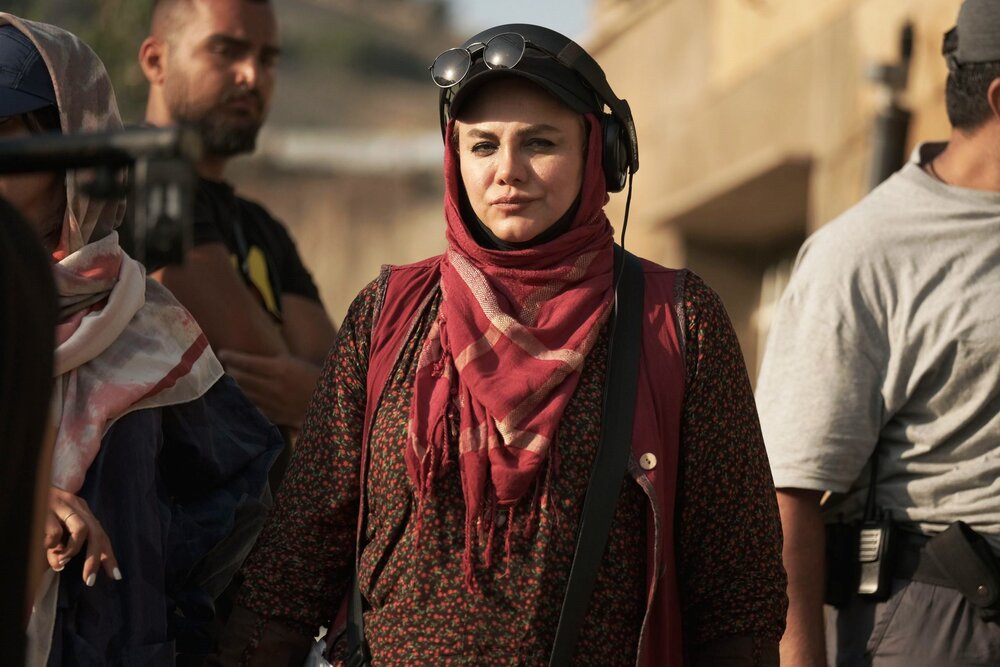Narges Abyar to make film adaptation of “Savushun”

TEHRAN – Narges Abyar plans to make a screen adaptation of the bestselling novel “Savushun” by Iranian writer Simin Daneshvar.
Director of acclaimed movies such as “Track 143”, “Breath” and “When the Moon Was Full”, Abyar has previously made a series based on the novel for release on Iranian VOD platforms. She has also written the screenplay.
The novel was published in 1969 and its English translation “Savushun: A Novel about Modern Iran” by M. Ghanoonparvar came out in Washington, D.C. in 1990. Another English rendition by R. Zand as “A Persian Requiem” was also published in New York in 1991.
“Savushun” chronicles the life of a Persian family during the Allied occupation of Iran in World War II.
It is set in Shiraz, a town which evokes images of Persepolis and pre-Islamic monuments, the great poets, the shrines, Sufis, and nomadic tribes within a historical web of the interests, privilege and influence of foreign powers; corruption, incompetence and arrogance of persons in authority; the paternalistic landowner-peasant relationship; tribalism; and the fear of famine.
The story is seen through the eyes of Zari, a young wife and mother, who copes with her idealistic and uncompromising husband while struggling with her desire for traditional family life and her need for individual identity.
The heroic stand taken by the southern family against British colonial intrigues ends in the murder of the husband, with the wife determined to carry on the struggle.
Daneshvar’s style is both sensitive and imaginative, while following cultural themes and metaphors.
Within basic Iranian paradigms, the characters play out the roles inherent in their personalities.
While “Savushun” is a unique piece of literature that transcends the boundaries of the historical community in which it was written, it is also the best single work for understanding modern Iran.
Although written prior to the Islamic Revolution, it brilliantly portrays the social and historical forces that gave pre-revolutionary Iran its characteristic hopelessness and emerging desperation so inadequately understood by outsiders.
Photo: Director Narges Abyar in an undated photo.
MMS/YAW
